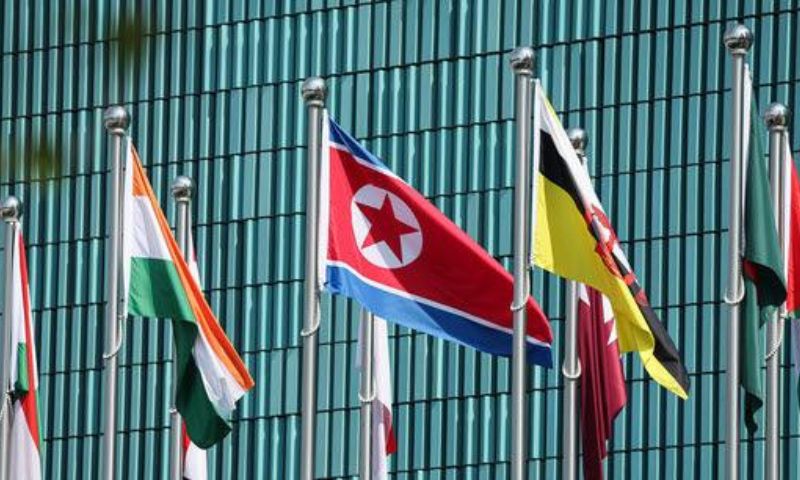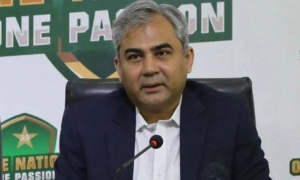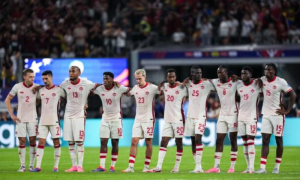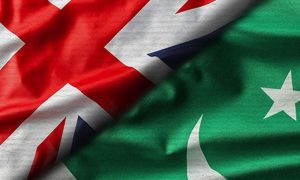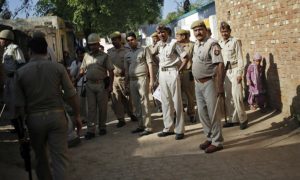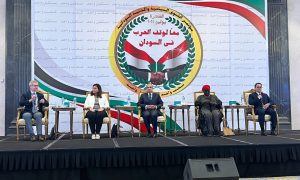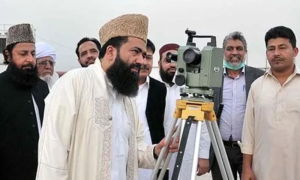HANGZHOU: In a significant development, North Korea has decided to send a delegation of 280 athletes, coaches, and staff to participate in the Hangzhou Asian Games.
The first part of their delegation, which included the North Korean soccer team, arrived in China on September 15th.
The North Korean athletes are set to compete in a total of 17 events, showcasing their talents in sports ranging from swimming and boxing to gymnastics, wrestling, and women’s basketball. This decision marks a notable return to the international sporting stage for North Korea.
The journey to Hangzhou was not without its controversies. The International Olympic Committee (IOC) had previously imposed sanctions on North Korea, barring the country from participating in international sporting events. These sanctions were a consequence of North Korea’s refusal to take part in the Tokyo Summer Olympics in 2021. However, following the lifting of the IOC’s sanctions, North Korea was eager to join the Hangzhou Asian Games.
Nevertheless, a new obstacle emerged as the North Korean flag will not be allowed to fly during the Asian Games in Hangzhou. This restriction stems from sanctions imposed by the World Anti-Doping Agency (WADA) in October 2021, which are still in effect.
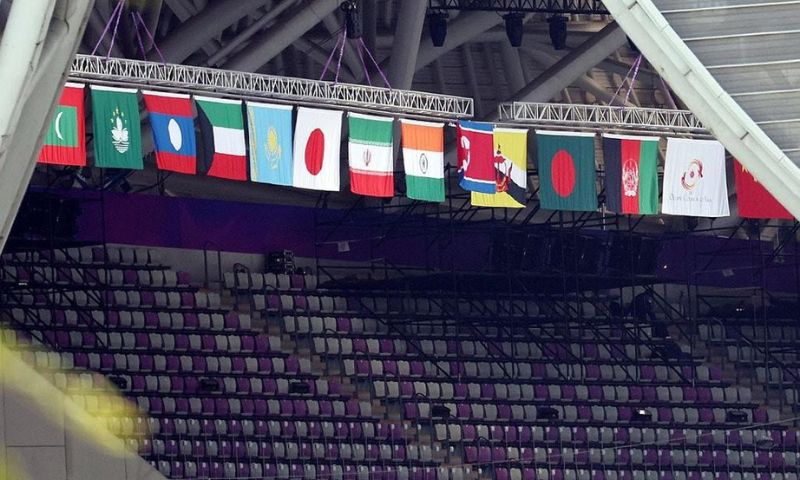
The Olympic Council of Asia (OCA), responsible for overseeing the Asian Games, and the Hangzhou Asian Games Organizing Committee are bound by WADA regulations. Any display of the North Korean flag could lead to sanctions against both organizations by WADA.
WADA’s regulations are clear; Article 52.3 of the OCA Constitution & Rules states that competitors must comply with all aspects of WADA and OCA Anti-Doping Rules Code and refrain from using prohibited substances and drugs.
Until North Korea’s National Anti-Doping Organization (NADO) regains its ‘Compliant State’ status, the flag of a sanctioned state cannot be flown at any regional, continental, or world championships organized by major organizations.
Despite media reports suggesting North Korean flags have been flown at stadiums, the athletes’ village, and the volunteer center in preparation for the opening ceremony on the 23rd, the organizing committee has not taken any action as of yet.
This situation is reminiscent of a previous incident when North Korea attempted to fly its flag at the ITF World Championships in Kazakhstan in August. International sports organizations had warned Kazakhstan, the hosting country, of potential consequences, including being barred from hosting further international sporting events. In response to these warnings and pressure, the organizing committee of the ITF event in Kazakhstan ultimately reversed its decision to allow the North Korean flag to be flown.
If the North Korean flag is displayed at the Hangzhou Asian Games, which is the largest sporting event in Asia, it could lead to sanctions against both the OCA and the Hangzhou Asian Games Organizing Committee for violating WADA rules. There are growing concerns that failure to address this issue could not only undermine WADA’s authority but also disrupt the global sports order. The unfolding events in Hangzhou are being closely watched by the international sports community, as the delicate balance between political tensions and sporting diplomacy plays out.









